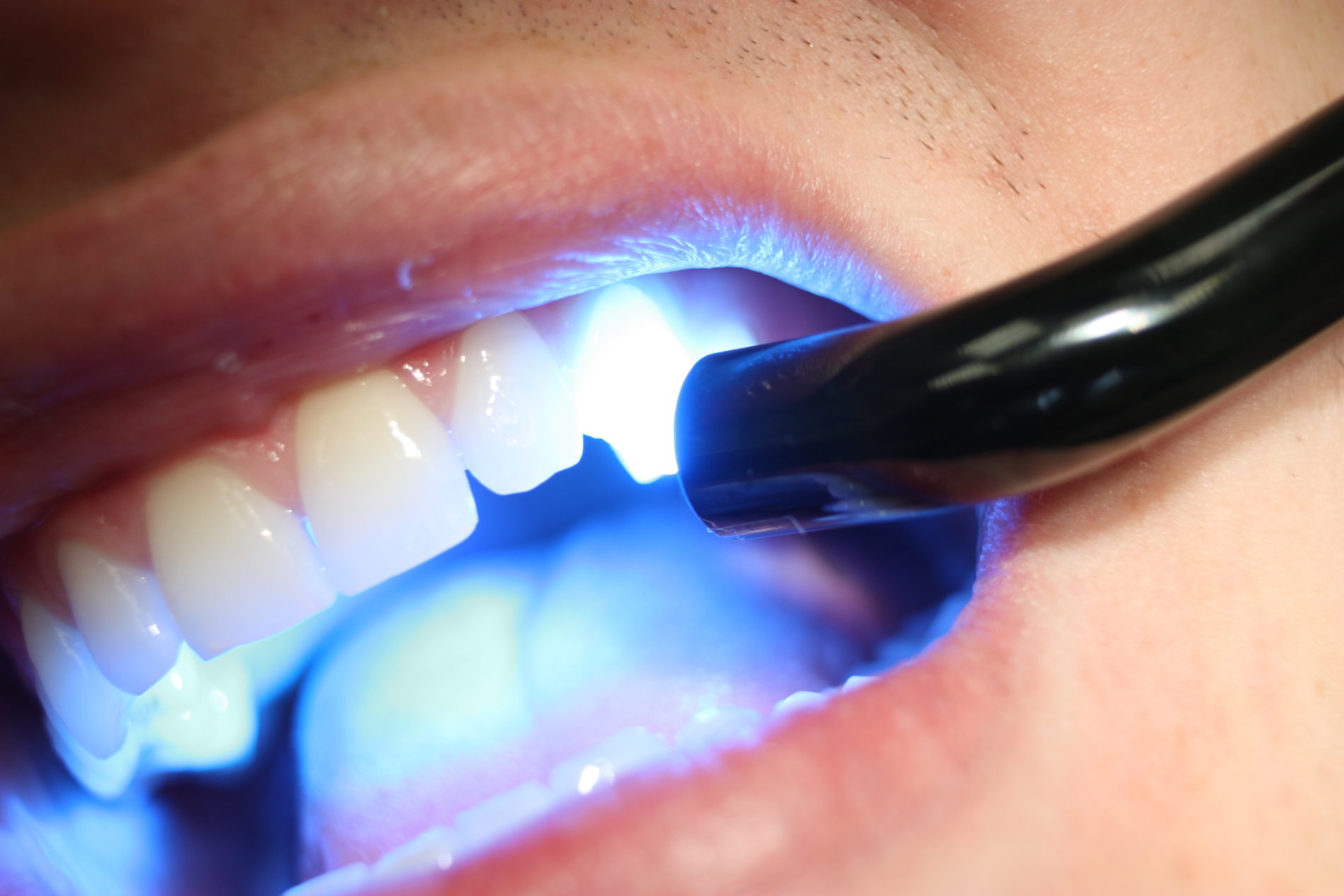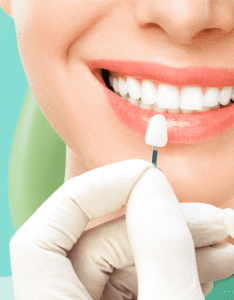Causes
Food
The usual suspects like onion and garlic can give you bad breath. As you’re eating, food particles that don’t get swallowed stay behind on the tongue, between the teeth, and under the gums. Until these particles are broken down by your saliva or swept away by brushing or flossing, you’ll notice a smell. The food that does get swallowed gets digested. The chemicals that cause the smell go into the bloodstream and then get carried to your lungs. This can also cause bad breath.
Dental Hygiene
Your mouth is full of surfaces, nooks, and crannies that trap and hold onto food particles. If the food is not thoroughly cleaned away by proper dental hygiene, then bacteria will grow. Not long after, plaque will start to build on the surface of your teeth. If not cleaned properly you can develop cavities or other diseases on your teeth and gums, like periodontitis. All of this can, and likely will, cause bad breath.
Tobacco Products
The use of tobacco products, especially smoking, does a number of things to your mouth. The chemicals are damaging and the smoke itself is stifling. Smoking can damage the soft tissue of your teeth and gums, leading to gum disease. It also impedes blood flow, slowing down cell regeneration and wound recovery. Aside from these, smoking can lead to:
- tooth discoloration
- inflammation of the soft tissue in the mouth
- buildup of plaque and tartar
- increased risk of tooth loss
- increased risk of oral cancer and leukoplakia, leading to white patches and open sores inside the mouth
Medications and Medical Conditions
Some medications come with a side-effect of having a dry mouth. This means that you will produce less saliva. Saliva is important in the process of breaking down food particles and bacteria in your mouth. So without enough saliva, that bacteria is left to grow.
Some bacterial infections in the mouth may be causing bad breath. There’s also a chance the bad breath could be caused by other more serious medical conditions, such as respiratory infections, diabetes, or liver or kidney problems. If general dental hygiene and change of diet does not fix your bad breath, consult a physician to ensure there are no underlying health conditions.
Remedies
The best thing you can do for your teeth is to maintain proper dental hygiene. This not only will it ensure the lasting health of your teeth, but it will lower the chances of having bad breath. Some general things you can do at home include:
- brush twice a day
- floss daily
- swish and gargle with mouthwash
- reduce the amount of sugary and acidic foods from your diet
- cut out the use of tobacco products
As for the medications that cause dry mouth, consult your physician to find out if there may be an alternative medication with less side effects. If there is an underlying medical condition causing your bad breath, again consult a physician to get it taken care of.
At Murfreesboro Family Dentistry, we’re here to help you stay on top of your dental hygiene and save you from bad breath. Maintaining your regular dental appointments can save you from more than just bad breath. Contact us today for a consultation.





